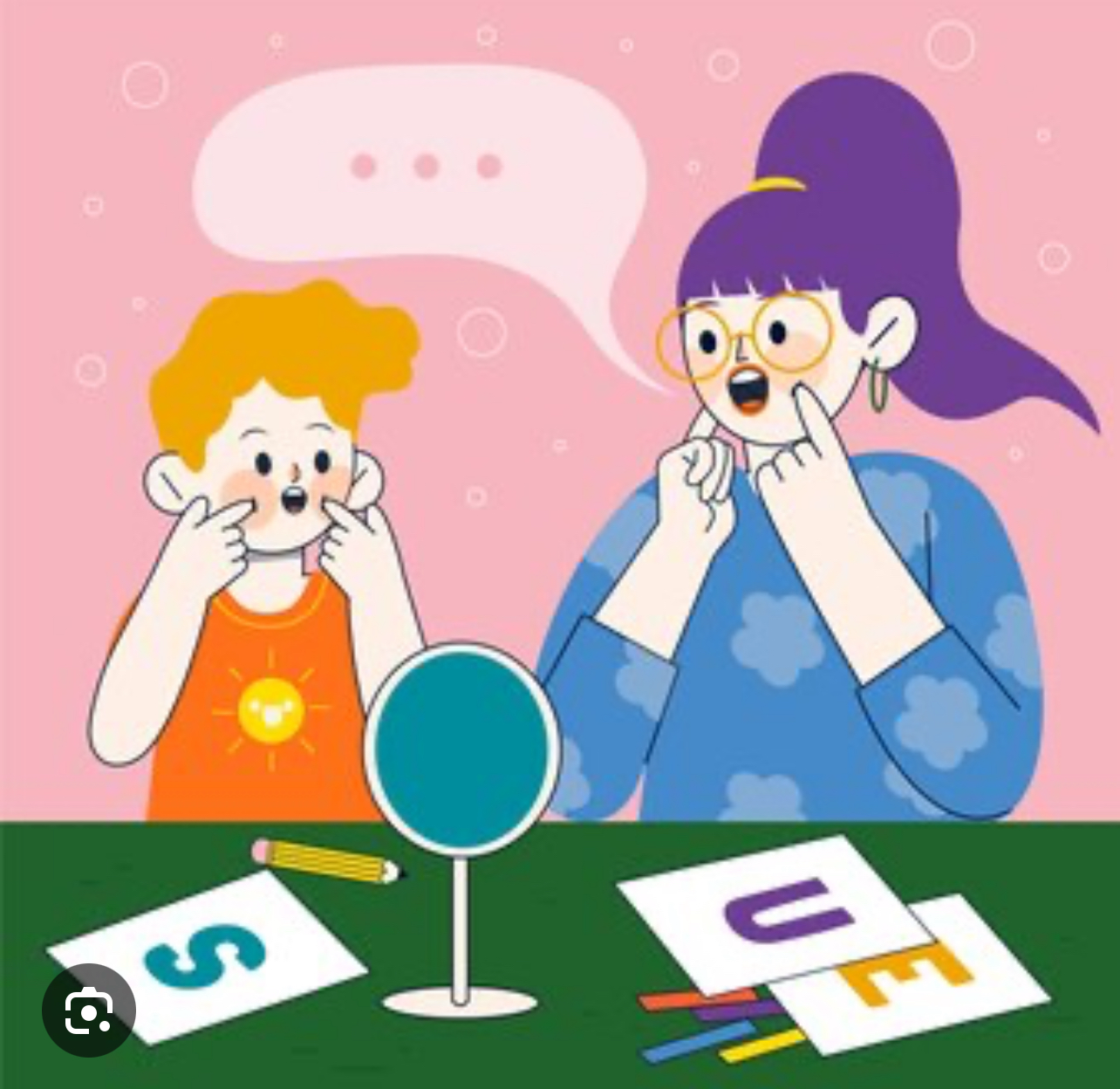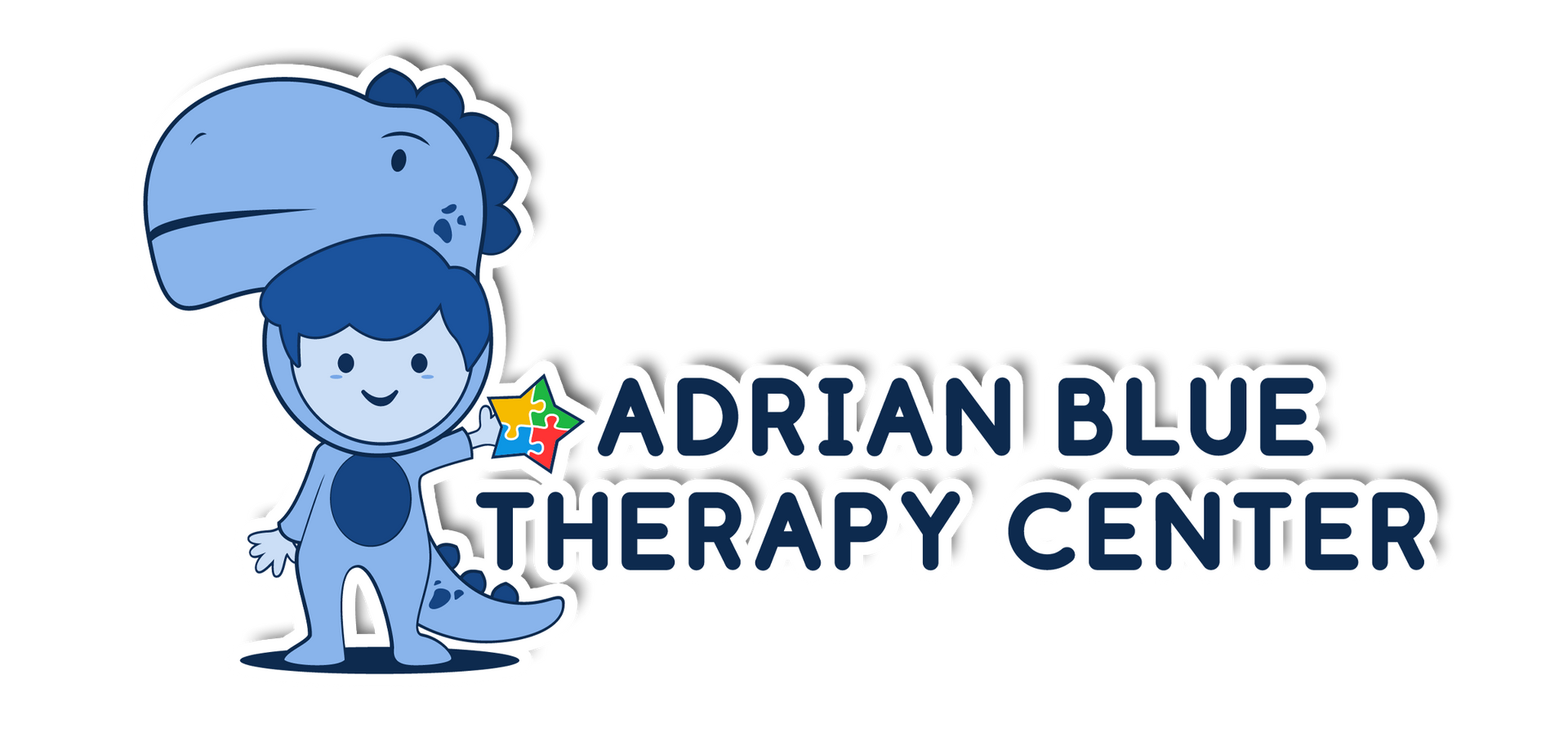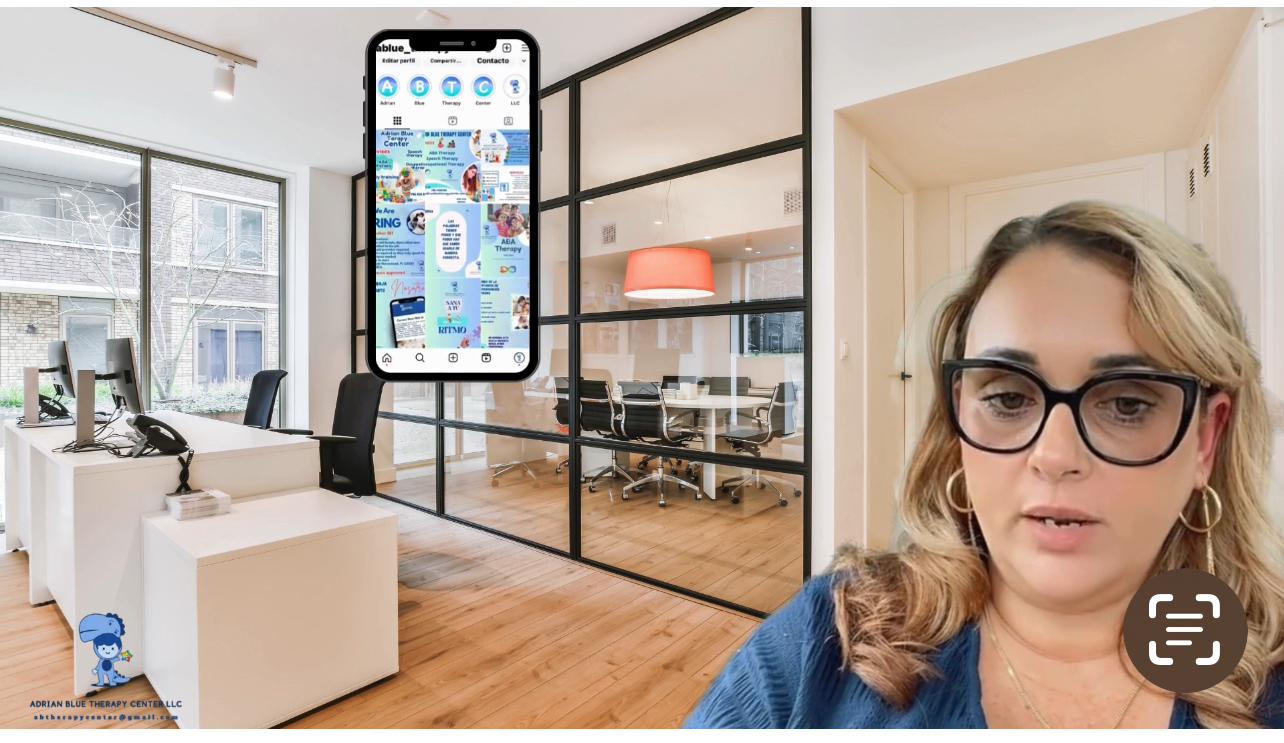Podemos apoyarte en el camino team ABTC
The benefits of early intervention speech therapy.

The benefits of early intervention speech therapy
A common question parents ask is, "Why isn't my child talking yet?" The truth is, it's not always clear, especially when other areas of a child's development seem to be progressing as expected. Over the past (approximately) 2 years of widespread facial mask usage in some way, parents may wonder if this phenomenon could contribute to a reduction in their child's communication abilities due to the decreased ability to see speech production coming from human faces. While this is a possibility, communication challenges can also arise for a child if there is a family history of a parent or sibling having speech or language difficulties. At times, a child may need an extra push to learn language and start talking. Speech therapists are trained professionals who assist children in finding ways to communicate more effectively while they are in the process of learning to speak.
Early intervention speech therapy, in a nutshell, is speech therapy provided to a child under 3 years old. It is a fun, helpful, play-based therapy that is family-centered. Your early intervention speech therapist will ask you what communication goals YOU have for your child that would have the most impact on your communication with your child.
A primary goal of early intervention speech therapy is to help your child communicate their basic wants and needs by providing the communication partner (often the parent) with tools or strategies to help the child make gestures, sounds, words, or other meaningful communication attempts. While speech therapy is typically conducted just once a week, parents are equipped with resources to help their child continue to communicate in all their shared interactions.
Children who show frustration (giving up, tantrums, behaviors, etc.) when trying to communicate with their parents and siblings could greatly benefit from an early intervention assessment and treatment. Early intervention can help young children achieve mastery of basic communication early on to establish the groundwork for academic success in reading and writing as the child reaches school age.
Early intervention speech therapy is not limited solely to expressive skills (telling others what the child wants or needs) but can also focus on:
- Understanding (listening, following instructions)
- Initiation and imitation
- Problem-solving
- Social skills (greeting, socializing with others, initiating and participating in games)
A hearing evaluation is often recommended before starting early intervention speech therapy services to rule out any potential hearing issues.

Contact Us
Phone: (786) 536 7251
(786) 505 8558
( 786) 246 5462
info@adrianbluetherapycenter.com
3220 SW 107th Ct, Miami, FL 33165, United States.
Links
Working hours
- Mon - Fri
- -
- Sat - Sun
- Closed
We offer (ABA,ST,OT,PT) services
We are based in South Florida, serving both
Miami-Dade and Broward counties.

All rights reserved | Adrian Blue Therapy Center




